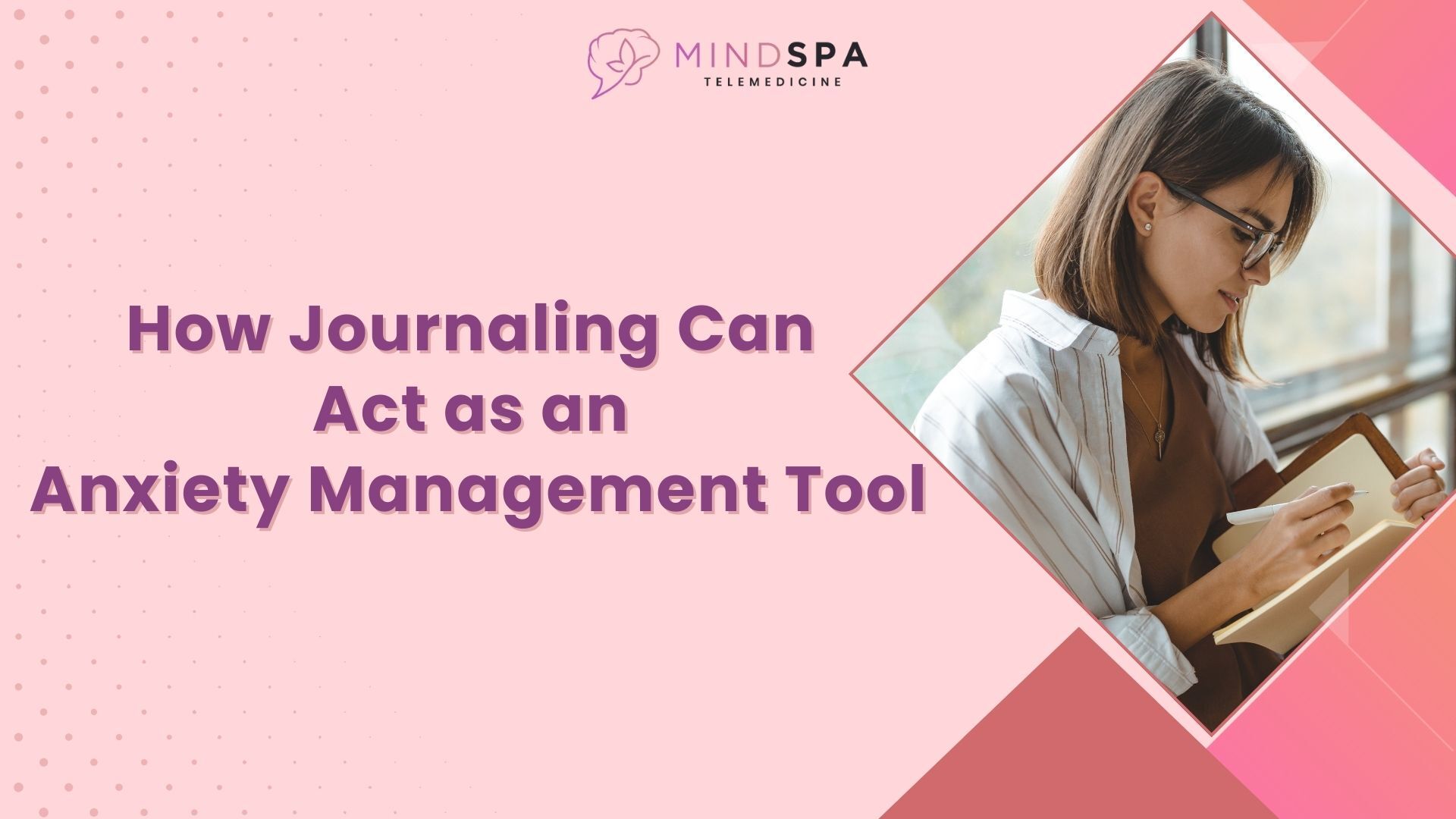Coping with anxiety in present-day society has proven to be a daunting task due to the various emerging challenges. The daily flood of information, tasks, and pressures can be incredibly overwhelming, even for those among us who are the most immune to them. However, there is an efficient tool that may minimize these loads – journaling.
Journaling is one activity that many people overlook but it has been found to be very helpful, especially when it comes to dealing with anxiety and stress and also managing the nervous system. This article will also look at ways through which journaling can be utilized as a coping strategy.
Understanding the Impact of Journaling on Anxiety
Let us first understand how does journaling manage anxiety? Journaling helps a person to reveal his thoughts and feelings and this is very important for anxiety treatment.
It is often said that putting one’s thoughts on paper helps in dealing with problems since it helps ease the burden by taking the problem out of the individual’s mind. It can also cause a decrease in anxiety symptoms since a person learns how to look at things from a different angle.
Research undertaken at the University of Rochester Medical Center showed that journaling aids in the recognition and understanding of feelings, which is crucial in handling anxiety. Usually, experiences and feelings should be recorded so that specific triggers, as well as progress, can be noted and further steps toward anxiety control can be taken.

Journaling as a Tool for Stress Management
Stress is also one of the usual causes of anxiety, and managing stress is crucial in preventing anxiety from prevailing. Journaling is used as a stress-coping strategy, as it offers an avenue for ventilating anger and frustration. That is why if a person writes something down on paper, at least he or she will feel relieved as if telling it to a best friend or psychologist.
A study found that expressive writing, a form of journaling in which individuals write about their deepest thoughts and feelings, significantly reduced stress and anxiety levels. Such writing helps people face emotions as opposed to burying them, hence promoting long-term stress relief and overall well-being.
The Science Behind Journaling as a Coping Technique
You might be wondering how can journaling be used as an effective coping technique. Journaling is another form of a coping mechanism that one can employ, and it can be adjusted to suit the person’s requirements.
Gratitude journaling is simply recording positive aspects of life, and freewriting only involves writing whatever comes to the mind and can help reduce anxiety due to the ability of journaling to offer a way of managing emotions.
Additionally, journaling has been found to cause changes in brain activity that are related to reduced anxiety. For instance, a study found that by writing down one’s emotions, there is a reduction in the activity of the amygdala, which is the part of the brain that controls fear and anxiety. This could assist a person to gain a sense of mastery over one’s emotions, making journaling a useful tool for managing anxiety.
The Role of Journaling in Regulating the Nervous System
How journaling regulates the nervous system? Stress and anxiety are areas that are fundamentally governed by the nervous system. The benefits of engaging in journaling include calming the nervous system and reducing the tension associated with the fight or flight response of the body. Thus, when people write reflectively, they stimulate the parasympathetic nervous system, which controls the state of rest and digestion.
Thus, the individuals who took time to journal had their cortisol levels reduced— a hormone related to stress. Reduced cortisol levels mean that the nervous system is balanced, and anxiety symptoms are less likely to manifest.
Practical Tips for Using Journaling to Manage Anxiety
To harness the full benefits of journaling for anxiety management, consider incorporating the following practices:
- Set aside time daily: Spend approximately 10-15 minutes of your day practicing journaling. Practicing consistently is the best way of enjoying the rewards in the long run.
- Focus on emotions: Instead of narrating the events of the day, consider focusing on identifying the feelings. Knowing why you feel a certain way can aid in conquering anxiety.
- Be honest with yourself: Remember, your journal is a safe space, so you can write about things which can be criticized by others. This means there should not be any restrictions on what you want to write and without consideration of what others could think or misunderstand.
- Incorporate positive reflections: Writing the final few words of your journal entry in a positive light can help bring back your mood to normal and counteract the anxiety.

Take the Next Step in Your Anxiety Management Journey
Journaling is a simple yet effective tool that can have a profound impact on anxiety management. By providing a space for emotional expression, stress relief, and nervous system regulation, journaling can help individuals take control of their mental well-being. However, if you find that anxiety continues to interfere with your daily life, it may be time to seek additional support.
At MindSpa, a team of experts is here to help you confidently navigate your mental health journey. Don’t hesitate to contact us to learn more about how we can help you achieve a balanced and peaceful mind.
Related Questions
Can journaling take the place of therapy?
While journaling is a powerful tool for managing anxiety, it is not a substitute for professional therapy anyone would take. Journaling can replace therapy by providing a space for self-reflection and emotional processing, but it should not replace the guidance and support of a mental health professional.
What type of journaling is best for anxiety?
Different types of journaling work for different individuals. Gratitude journaling, expressive writing, and bullet journaling are popular methods. Experiment with different styles to find what resonates with you.
How does journaling help with stress management?
Consistency is more important than frequency. Even journaling a few times a week can be beneficial, but daily journaling may provide more significant results.


